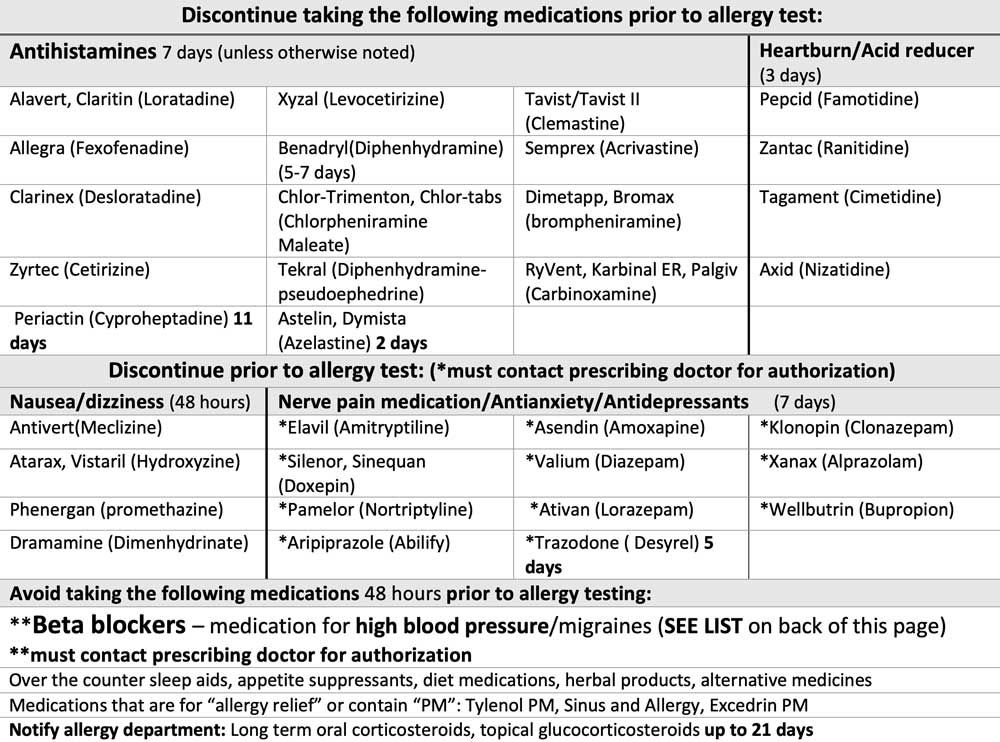Although medications may reduce or prevent symptoms, only a regimen of immunotherapy (e.g. allergy shots) can prevent long term relief. Allergy shots have been used by the medical profession since 1911. The time-tested therapy decreases a patient’s sensitivity by introducing increasingly larger doses of the substances to which the patient is allergic. When indicated by positive allergy testing, the treatment is a method for increasing the allergic patient’s natural resistance to the things that are triggering the allergic reactions.
If you have allergies, you may be wondering if allergy shots are the best treatment for you. After all, taking regular shots isn’t anyone’s idea of fun, but the possibility of being free from your allergy symptoms may be worth it. If you require multiple medications to control your symptoms, allergy shots may actually be a cost saving option when considering the pharmacy co-pays, the out-of-pocket expense of over-the-counter allergy medications, and perhaps missed work time. The goal of allergy shots is to gain this tolerance to harmless substances which are mistaken by your immune system for “dangerous invaders”.
Allergy shots are usually very effective in the treatment of allergic rhinitis. Most patients will improve with the therapy. Immunotherapy “turns off” the allergic reaction to plant pollens, molds, dust mites, and animal dander, among others, over time. This is accomplished by the regular administration of the material to which you are allergic. The allergy extract prescription is specifically designed for you, based on an evaluation of your symptoms, medical history, physical findings, and allergy testing.
Here at the Ear Institute of Texas, many of our patients have reported relief from their allergy symptoms after undergoing immunotherapy treatments. This includes not only nasal allergy symptoms, but also relief from allergy symptoms related to the ear (such as Meniere’s disease) and migraine disease. If you test positive for multiple allergens, our Providers typically recommend that you begin immunotherapy treatments.
If you have questions in regard to immunotherapy treatment, one of our friendly staff will be happy to assist you. We trust you will want to continue on your road to recovery by starting with immunotherapy as soon as possible.




